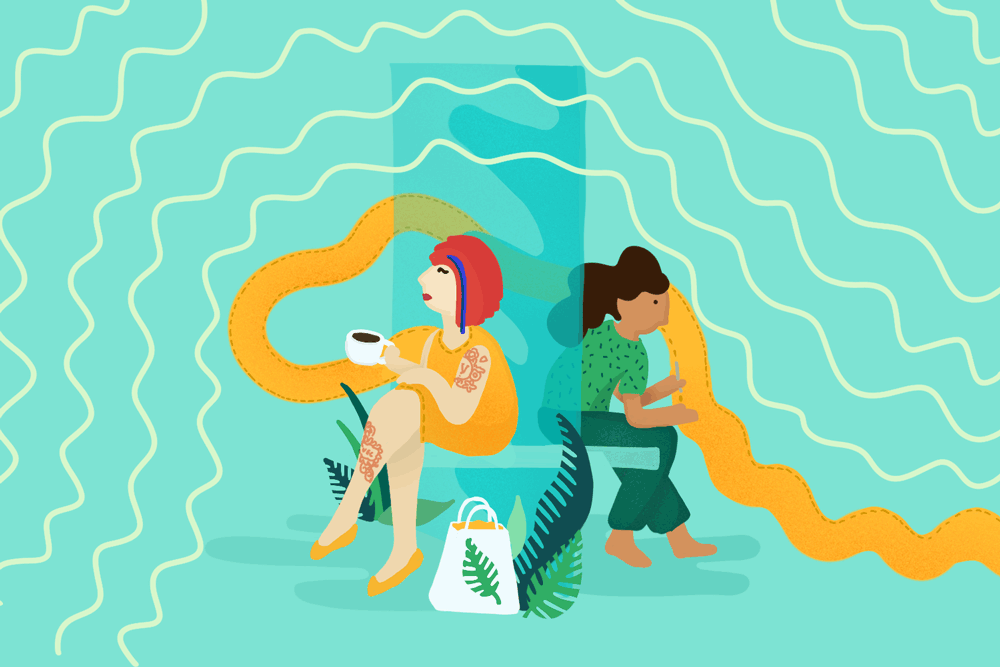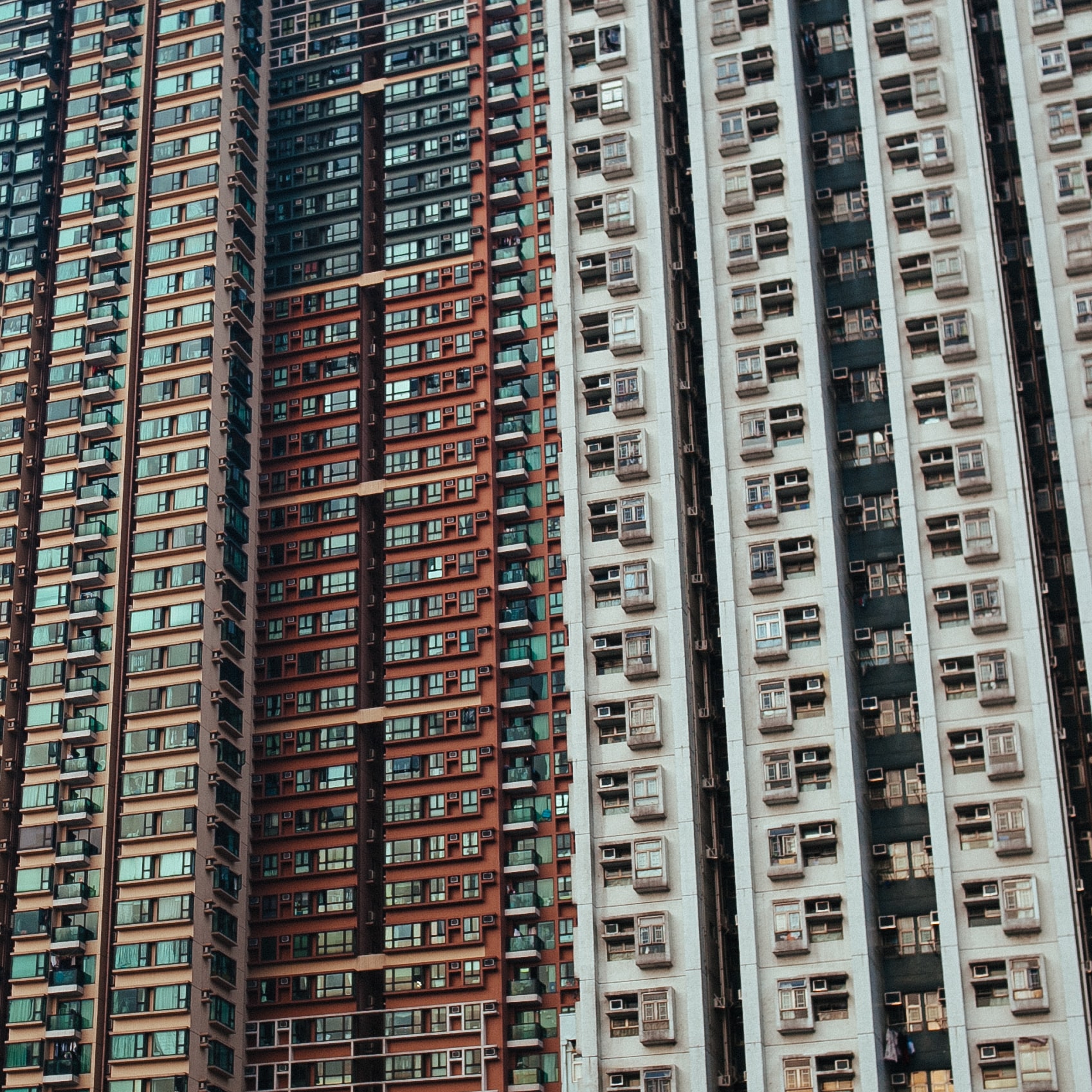
Recently, there has been a greater push for people to embrace ethical consumption. From suggestions such as buying food that avoids cruelty to animals, or buying clothing that is better for the environment, nearly everyone is talking about making more informed and sustainable choices. Instagram is filled with stores that boast the use of ethically sourced items, Netflix constantly releases documentaries that encourage people to go vegan, or minimalist, or avoid fast fashion.
Even large chain stores like Walmart and H&M occasionally roll out campaigns that emphasise how they are taking steps to reduce their harmful impact on the environment. However, a lot of these conversations are led by white people and they tend to only focus on the end products of ethical consumption without regarding the people who might be hurt in the production of these goods.
When conversations around ethical and sustainable consumption come up, the people who wholeheartedly support such causes are quick to bring up stats. “It takes less energy for the earth to sustain plants than animals, so switch to a plant-based diet,” or, “fast fashion is destroying the environment”, they’ll say. And while these things are true, there seems to be some ignorance on the part of white people when they talk about these issues, especially when they gloss over the way marginalised communities are affected by these issues.
“Grocery stores can say that their food is organic, but they have no reason to disclose the working conditions under which the food was produced”
Because ethical consumption has an effect on the environment, one of the biggest pushes, is for people to change their diets. Changing the way you eat, is one of the easiest ways to reduce your impact on the environment. From reducing your consumption of meat to preferring organic produce, there are many dietary decisions one can make to help the environment. But when these decisions are pushed in a capitalist system, marginalised communities are often hurt and ignored. Black and brown people, especially women and migrants, are usually responsible for farm work due to the inexpensive nature of their labour.
When they work, they are exposed to toxic chemicals, couped up in terrible living conditions, forced to work long hours for very little pay and without sufficient rest. They are sometimes sexually and/or physically abused, and they often have no one to report to. As little as their pay is, they are usually cheated by their bosses and get even less pay which reduces their standard of life. The stories of farm workers are often ignored, and documentaries on ethical consumption either do not address these issues at all, or they gloss over this information giving them very little attention. While there are advocacy groups that talk about and highlight these issues, there is not enough pressure from the consumers to change these inequalities. Grocery stores, for example, can say that their food is organic, but they have no reason to disclose the working conditions under which the food was produced.
“The push for ethical consumption has to be one that pushes transparency in every area of production, or else, there will only be a surface level approach“
But it doesn’t just stop at the food industry, even with the production of clothing and shoes, most of the work is outsourced to poor brown and black people in the global south. The clothing industry is just as bad as the food industry. Workers can be constantly exposed to harmful chemicals, work for many hours with little to no breaks, in places that go against many health code violations and in many cases, are not allowed holidays. And while brands may label themselves as ethical, there are no laws that say their “ethical” label must consider workers rights.
With time and increased activism from fair-worker groups, companies have reduced outsourcing their work to immigrant communities, and many have turned to prisons for cheap labour. In addition to the fact that going to jail can hurt your chances of having a better life, they are forced to work for wages that are sometimes lower than workers in developing countries. For the most part, people who find themselves in prisons are marginalised people, eg. aboriginal women, black women, black men, immigrants, and repeat offenders.
The push for ethical consumption has to be one that pushes transparency in every area of production, or else, there will only be a surface level approach. For the most part, people who suffer under “non-ethical” consumption, are the same people who suffer from ethical consumption because of the surface level approach to ethical consumption. And a surface level approach ignores how the production process affects the lives of brown and black people negatively, and by ignoring them it aids to their subjugation. It leaves poor brown and black people, who are usually women and/or immigrants, suffering in the background. If ethical consumption can only be achieved at the expense of marginalised groups, then can it truly be considered ethical?









